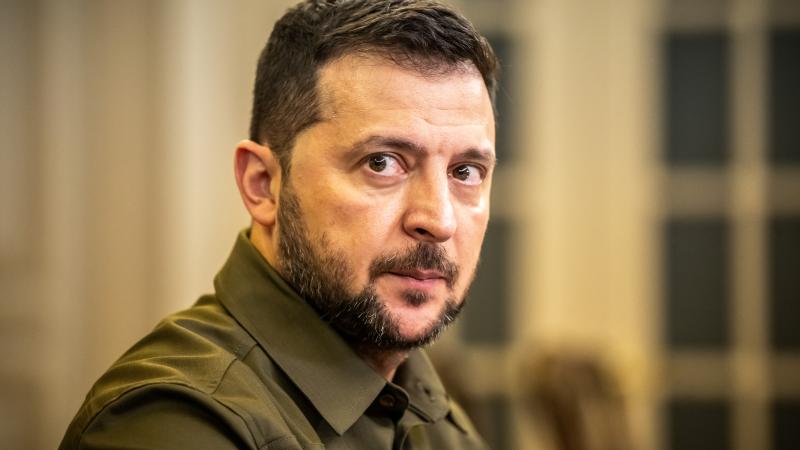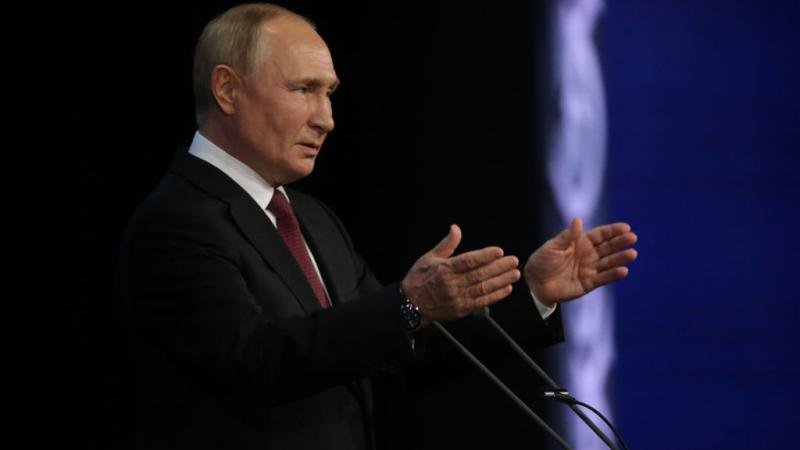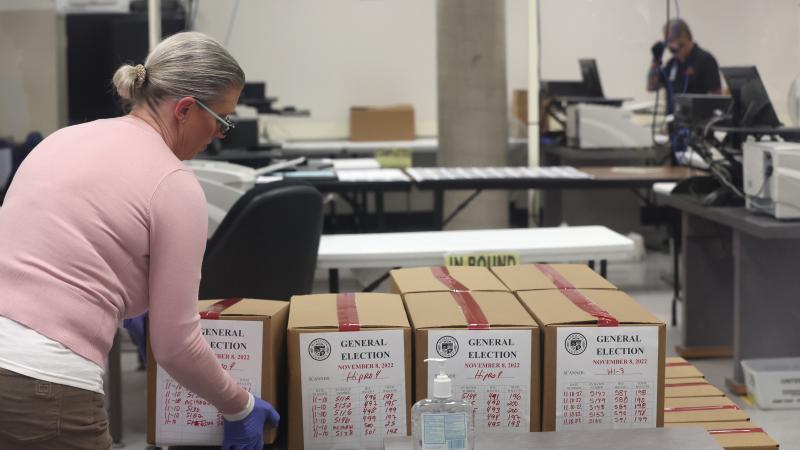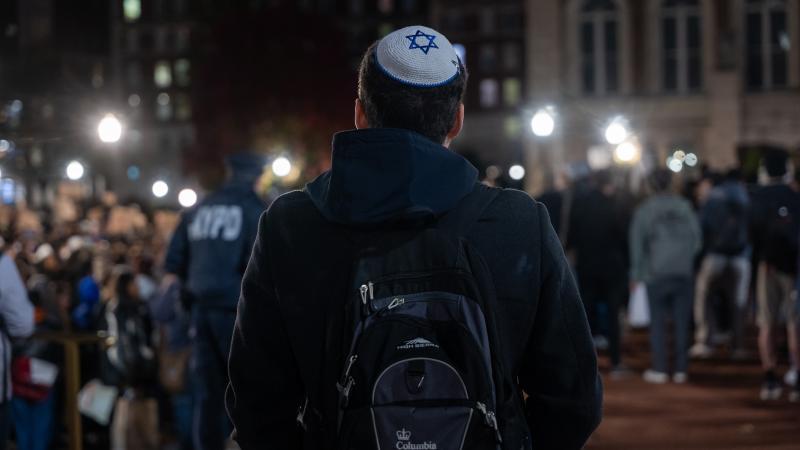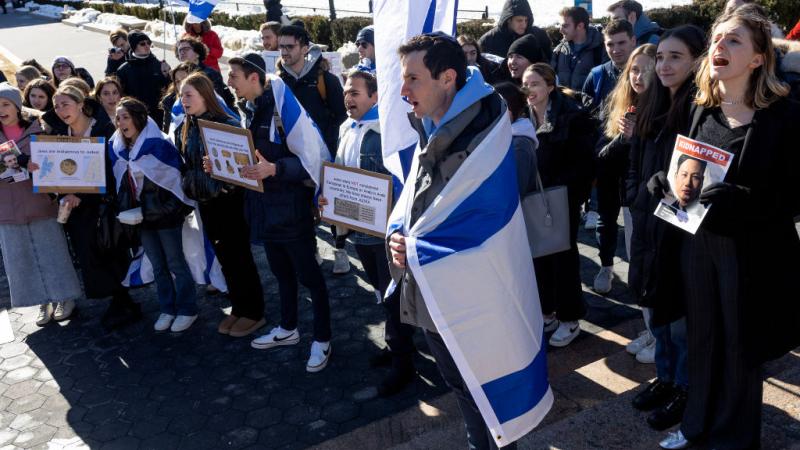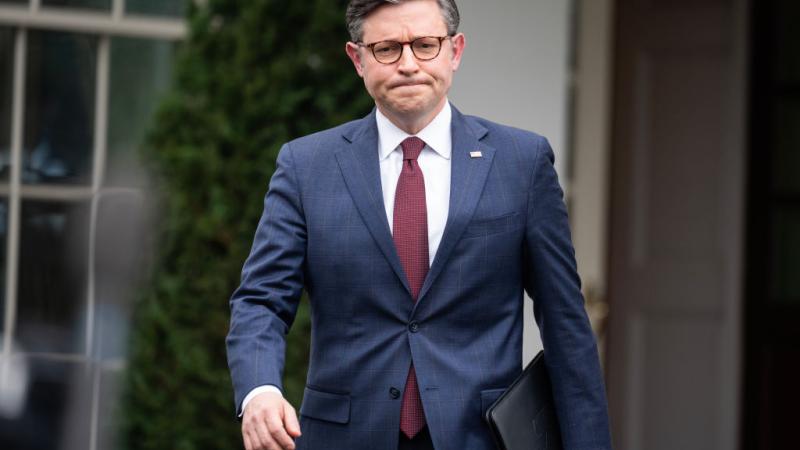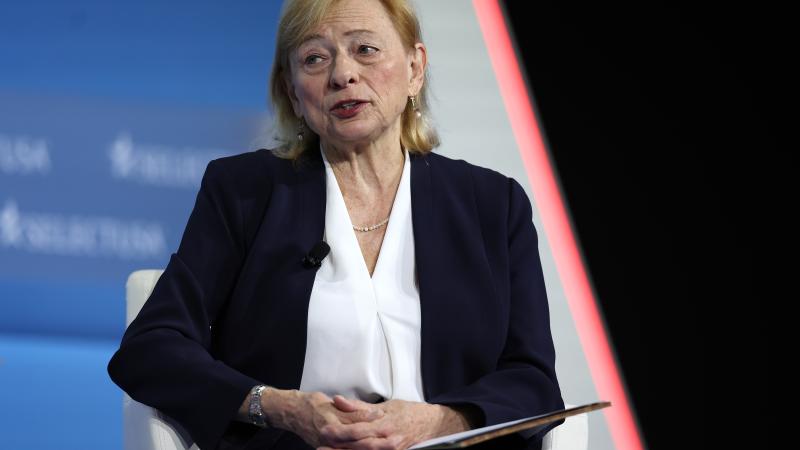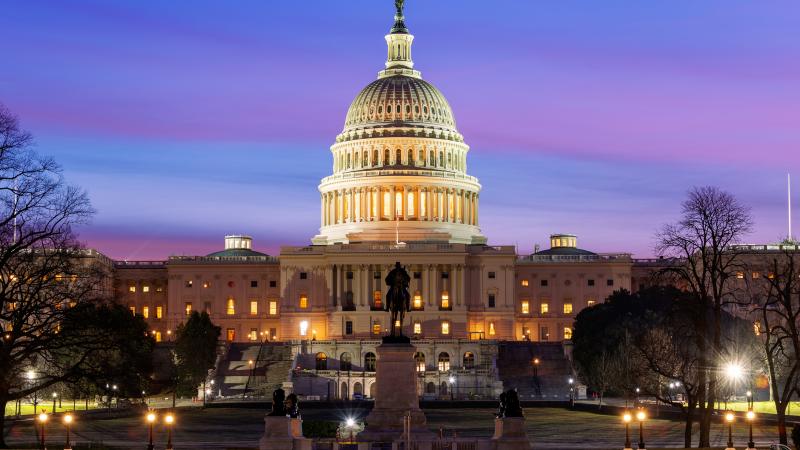Twenty days of infamy: the January 2017 red flags the FBI blew past on Russia collusion
Declassified memos details evidence that devastated FBI theories on Trump ... but did not stop the probe.
From its earliest moments, the FBI's Russia collusion probe was always fraught with warning signs.
Agents were told Christopher Steele provided faulty information, had likely been compromised by Russian intel disinformation, wanted to defeat Donald Trump, had leaked to the media and was being paid by Hillary Clinton, who herself might be carrying out an epic dirty political trick to vilify Trump with false information to distract from her own scandals.
Those intelligence reports alone should have given agents pause. The fact that Steele had been terminated by the FBI as an informant for leaking also should have weighed heavily.
But if ever there were red lights screaming for the FBI to end the counterintelligence probe, they were flashing during a harrowing 20-day window in January 2017 as Barack Obama was leaving office and Trump was coming in.
Between Jan. 4, 2017 and Jan. 24, 2017, nearly every major assumption of the FBI's Russia collusion theory was gutted, according to recently declassified evidence reviewed by Just the News.
Months of investigating Trump adviser Mike Flynn had turned up "no derogatory information," and agents recommended shutting down that part of the inquiry after concluding Flynn wasn't aiding Moscow. Two separate informant recordings of Trump adviser Carter Page — the target of an ongoing FISA warrant — produced stunning evidence of innocence.
U.S. intelligence had concluded a key allegation in the Steele dossier was Russian disinformation. And Steele's primary sub-source — whom the FBI assessed was likely tied to Russian intelligence — discounted much of the information attributed to him in the dossier. Even Director James Comey was telling colleagues there wasn't much corroborated in the dossier.
And yet somehow, some way, the FBI accelerated the investigation even though overwhelming evidence showed — as lead investigative agent Peter Strzok would later text his colleague — there was "no big there, there."
"The evidence yelled stop, and we just hit the go button anyways," a senior law enforcement official with direct knowledge of the probe told Just the News.
Responsibility for finding out why — and whether any of those decisions were criminal — currently resides with Special Counsel John Durham.
Here is a timeline of evidence available to Durham that Just the News has gleaned from more than 10,000 pages of declassified memos, reports and documents we have reviewed since last summer:
Jan. 4, 2017
FBI agents who investigated Flynn's ties to Russia for months conclude there is no evidence he is a Russian agent and his case should be closed. "The absence of any derogatory information or lead information from these logical sources reduce the number of investigative avenues and techniques to pursue. ... The FBI is closing this investigation," the lead agent wrote in his closing memo. FBI leadership overruled the agent and kept the Flynn probe open, eventually luring him into an interview where they alleged he lied.
Jan. 5, 2017
Comey and other intelligence officials brief President Obama on the status of the Russia probe. FBI notes from contacts with the White House during that time frame suggest Obama asked the FBI to put "the right people" on the Trump case and that Vice Presidemt Joe Biden may have suggested agents use the effectively obsolete Logan Act to investigate Flynn.
File
Jan. 6, 2017
Obama intelligence community agencies release report concluding that Russia attempted to meddle in the 2016 election in an effort to aid Donald Trump becoming president. Subsequent evidence would emerge calling into question that conclusion, including that Russian intelligence had been spreading false dirt trying to hurt Trump's reputation during and after the election.
Jan. 9, 2017
Carter Page is recorded by FBI confidential informant Stefan Halper reacting to the BuzzFeed article, saying the information about him in the Steele dossier is "complete lies" and the dossier contains "false evidence against him." Page's protestations of innocence are never disclosed to the FISA court. Justice Department officials acknowledged around this time they also learned about a second intercept by Halper from October 2016 in which Page made significant statements of innocence that also were not disclosed to the judges, according to the DOJ inspector general report.
Jan. 10, 2017
Steele dossier is leaked to the American public in an article published by BuzzFeed, prompting concern inside the CIA, DNI and FBI that uncorroborated intelligence is now in the public domain.
Strzok, the lead agent, texts FBI lawyer Lisa Page that the leak of the Steele dossier in the news media could be used as a "pretext to go interview some people."
FISA court judge reviews draft of FISA warrant renewing surveillance on Carter Page and declared he had "no issue" with renewal, FBI email shows.
Jan. 11, 2017
FBI supervisory special agent writes email making clear he knows the firm that hired Steele to write the anti-Trump dossier was employed by the Democratic National Committee, according to IG report.
Jan. 12, 2017
The FBI receives a clear intelligence community warning that some of Steele's dossier information about Trump lawyer Michael Cohen was "part of a Russian disinformation campaign to denigrate U.S. foreign relations," according to a declassified footnote from the Justice Department inspector general's report.
Comey writes outgoing Obama Director of National Intelligence James Clapper that the Steele dossier has not been verified sufficiently to have used in the intelligence community assessment on Russia meddling. "We are not able to sufficiently corroborate the reporting to include it in the body of the report," Comey concedes.
Comey signs a FISA warrant request extending surveillance of Carter Page for three more months, declaring the application's information from the Steele dossier was "verified," when in fact it was not. The court grants the surveillance warrant.
Jan. 23, 2017
Senior Justice Department attorney Bruce Ohr, a friend of Steele, relayed new information to agents from the now-terminated informant, including that Steele had a previously undisclosed contact with Sen. John McCain's office about his dossier back in fall 2016 while he working for the bureau, a potential breach of his informant confidentiality. "Steele also told OHR that he spoke with a staff member of Senator John McCain's office sometime prior to October 2016. Steele had this conversation at the request of [name redacted]. Since October 2016, Steele had not spoken to anyone regarding the Trump dossier," the FBI's interview report of Ohr reported.
Jan. 24, 2017
FBI interviews Gen. Michael Flynn despite concerns by some inside the DOJ it does not have a predicate and has not properly notified him or the Trump White House.
FBI Assistant Director William Priestap states in handwritten notes that there are concerns the bureau is "playing games" with Flynn. "What is our goal? Truth/Admission or to get him to lie, so we can prosecute him or get him fired?" the senior FBI executive wrote.
File
FBI agents begin a three-day interview with Christopher Steele's primary sub-source, who casts significant doubt on the reliability of information in the dossier, including the sensational story that Russia possessed compromising evidence that Trump engaged with prostitutes at a Moscow hotel in 2013. "Primary sub-source said that he reported Trump's unorthodox sexual activity at the Ritz as rumor and speculation and that he had not been able to confirm the story," the FBI interview notes state.
The Facts Inside Our Reporter's Notebook
Documents
File
File
Links
- dirty political trick to vilify Trump
- Steele had been terminated by the FBI
- Mike Flynn had turned up âno derogatory informationâ and agents recommended shutting down
- assessed was likely tied to Russian intelligence
- Peter Strzok would later text
- brief President Obama on the status of the Russia probe.
- published by Buzz Feed
- Strzok, the lead agent, texts FBI lawyer Lisa Page t

